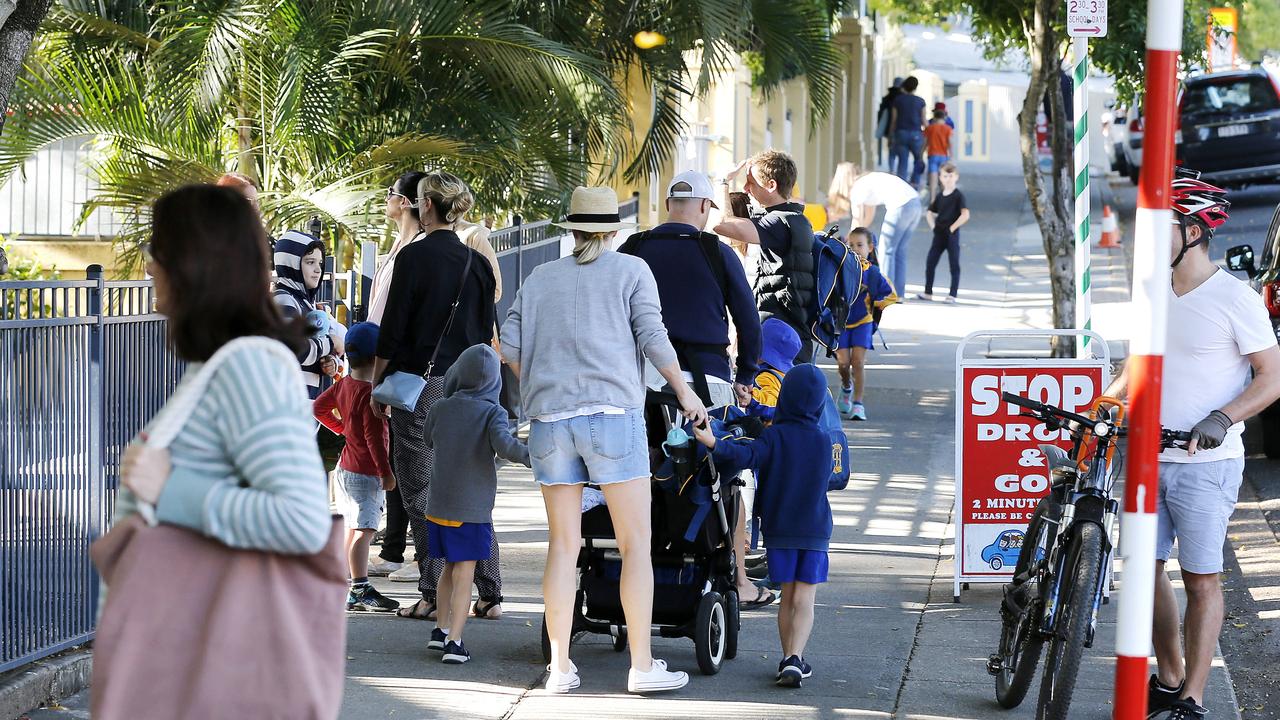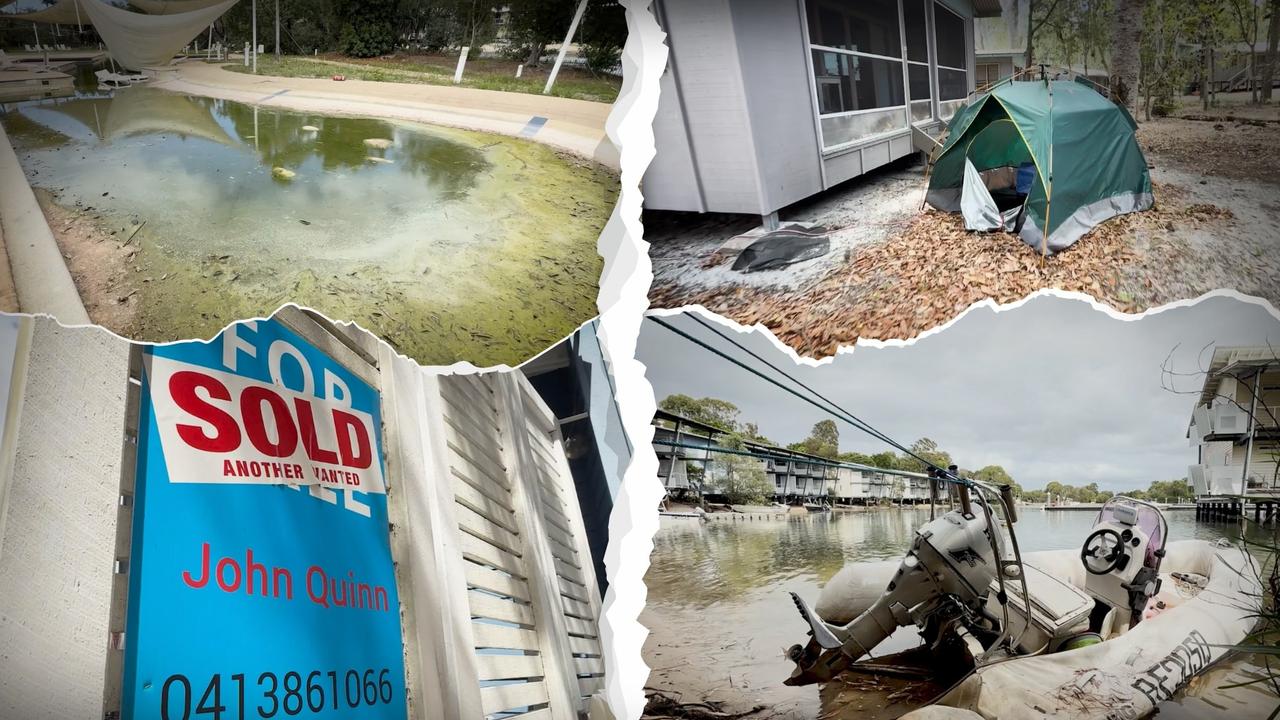How Covid will awaken Qld’s sleeping tourism giant
A leading Queensland tourism operator believes the coronavirus pandemic can serve as a reset to awaken the sleeping giant of the state’s tourism industry.
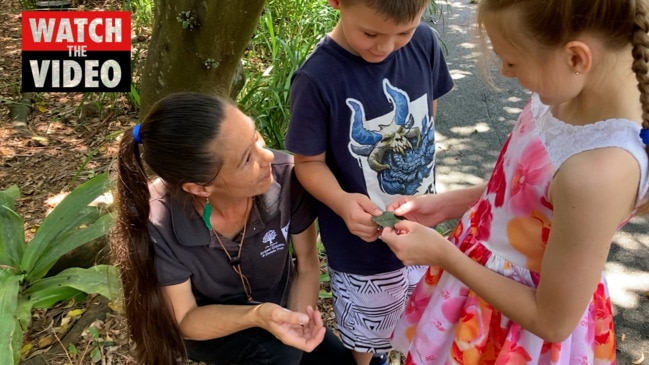
QWeekend
Don't miss out on the headlines from QWeekend. Followed categories will be added to My News.
A LEADING Queensland Indigenous experience operator believes the coronavirus pandemic can serve as the reset to awaken the sleeping giant of the state’s tourism industry.
Queensland’s Indigenous tourism sector virtually doubled visitation in four years before the arrival of Covid-19 in a sign the market was finally starting to achieve its enormous potential.
The pandemic has decimated tourism around the globe, but Spirits of the Red Sand CEO Mike Tamaki says it can also serve to create a new storyline for the world’s oldest continuous culture – storyline being the operative word for a history closely linked to Dreamtime legends.
State Government launches $10 million indigenous tourism fund
A Kiwi who has worked in Indigenous tourism around the world for more than 40 years, Tamaki sees a unique opportunity to play to the strengths of Australia’s own Aboriginal past and culture.
“So many places around the world, you go there and they have some singing and dancing and a dinner and people leave saying they learnt so much, but they didn’t really learn anything,” he says.
“The Aboriginal people here were true storytellers and there’s an enormous opportunity to take advantage of that.
“It’s time to take it to the next level.”
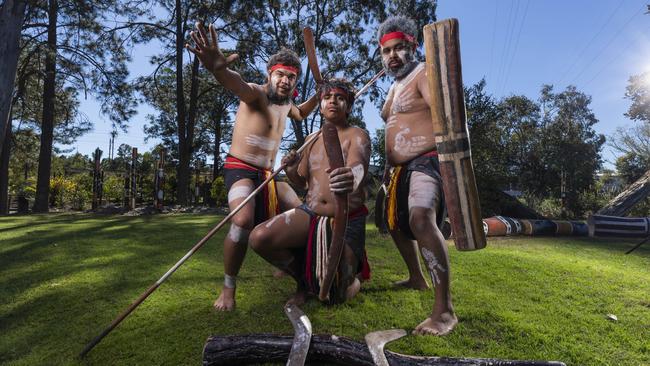
He wants a greater emphasis on the rich storytelling prominent in Dreamtime legends, with different regions of Queensland working together to share different parts of the tale.
“It doesn’t make any sense for these guys to be competing against each other when they can be complimenting each other.
“You could have a real story trail across the state where different regions tell different chapters.
“Covid has stopped everything in its tracks, but post-Covid there’s going to be a lot of changes to the way we do things anyway, so let’s look at this.”
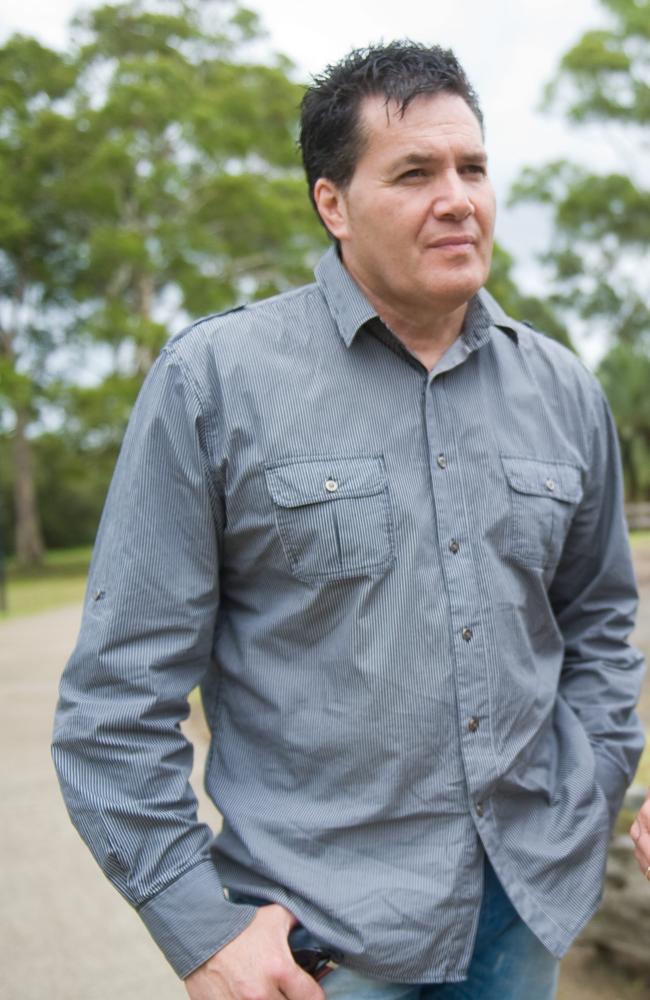
Tourism leaders have long thought Australia has not taken full advantage of the rich opportunities in Indigenous spaces in the way New Zealand, the US, Canada or Pacific Islands do, but before the pandemic, it was an industry on the rise.
Almost 500,000 people visited a Queensland Indigenous tourism experience in 2019, up from 277,000 four years earlier.
Many of those people were international visitors, but in an encouraging sign during the total absence of overseas arrivals, the number of Australians visiting Indigenous experiences also grew by almost 70 per cent in the five years to 2019.
Future Tourism: Two projects could jumpstart indigenous sector
Future Brisbane: Indigenous culture to be next big thing in tourism
Attendance at Indigenous events run by the Queensland Tourism Industry Council grew by 600 per cent in the same period, while QTIC has also created a First Nations tourism working group.
It is a significant employment driver for Queensland’s Indigenous people, accounting for one in six jobs.
Overall, tourism accounts for one in nine jobs across the state.
QTIC CEO Daniel Gschwind agrees with Tamaki’s take.
“We want to be better at this,” he says.
“Tourism is a great way to connect a deeper understanding of a culture that is genuinely unique, but at the moment it is like we are still learning eachother’s language.”
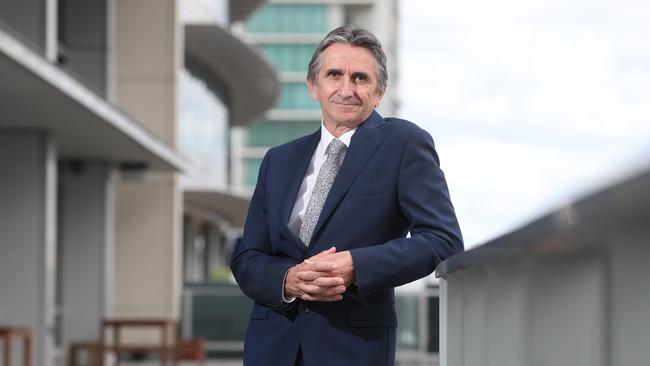
Last year, QTIC was actively involved in the creation of a First Nations tourism plan, which made a number of key recommendations as part of an ambitious goal for Queensland to become the world’s No. 1 destination for First Nations tourism experiences within the next 15 years.
Recommendations in the tourism plan included seizing the chance to capitalise on the momentum generated by Indigenous culture promoted during the Gold Coast’s Commonwealth Games, where “Jingeri’, the local word for “G’day”, and Borobi (koala) were featured prominently.
It also pointed to the potential growth of authentic Indigenous merchandise and art, as opposed to the tacky “made in China” souvenirs found in tourist shops around the country.
Queensland Premier Annastacia Palaszczuk has also recognised the importance of the sector and its potential, championing the cause to make last year the Year of Indigenous Tourism.
With Covid ruining many of last year’s plans, the promotion was extended to this year.
Whether it will be extended for a third year remains to be seen.
State government extends Year of Indigenous Tourism to 2021 due to COVID impact
However, the Premier’s enthusiasm for the sector certainly hasn’t dimmed.
“Before Covid, demand for cultural tourism experiences was booming globally,” she says.
“That’s why I named 2019 the Year of Indigenous Tourism and we started to develop an Indigenous tourism strategy for Queensland.
“A focus on Aboriginal and Torres Strait Islander cultural experiences has led my government to partner with numerous traditional owner groups to develop new attractions throughout the state.
“This will be a great strength for Queensland in the future.
“Once Covid is no longer a threat, Queensland will be in an incredibly strong position to capitalise on demand for unique holiday experiences.
“These experiences are something we can all look forward to in the future once we’re able to travel more freely throughout Queensland.”
In recent years, Queensland’s Indigenous tourism performance (in terms of visitor numbers) has been shaded by NSW and even the NT, but TEQ CEO Leanne Coddington says the state has a point of difference that no other destination has.

“Queensland is uniquely positioned in that market, by having ancient cultures living side-by-side with the Aboriginal and Torres Strait Islander peoples having distinct histories, cultures and experiences,” she says.
“We’re working hard to help share that story with as many visitors as possible and the Year of Indigenous Tourism initiative supports that aim by highlighting Queensland experiences where visitors can have those authentic meetings, learn about culture and connect with Country.
“We have worked directly with Aboriginal and Torres Strait Islander people to develop marketing resources, including featuring Aboriginal and Torres Strait Islander stories in marketing materials, offering a genuine connection to traditional cultures.
“There are so many ways that families can explore Aboriginal and Torres Strait Islander cultures throughout Queensland – from the characters and stories of desert country in Outback Queensland, to salt and freshwater cultures all the way up the coast, displays of artwork, tastings of traditional foods, unique Indigenous events and contemporary takes on celebrating cultural traditions.”
Tennis star Ash Barty to feature in new Queensland tourism campaign promoting Indigenous tourism


